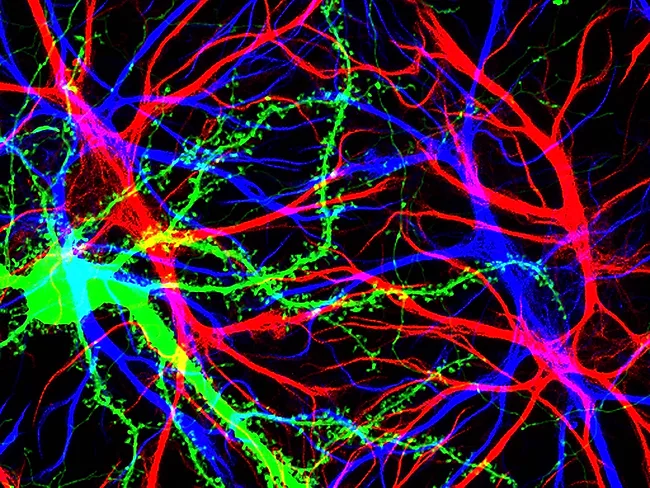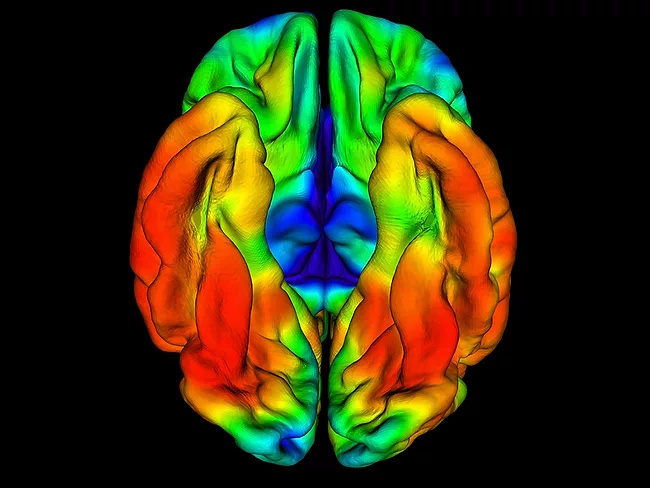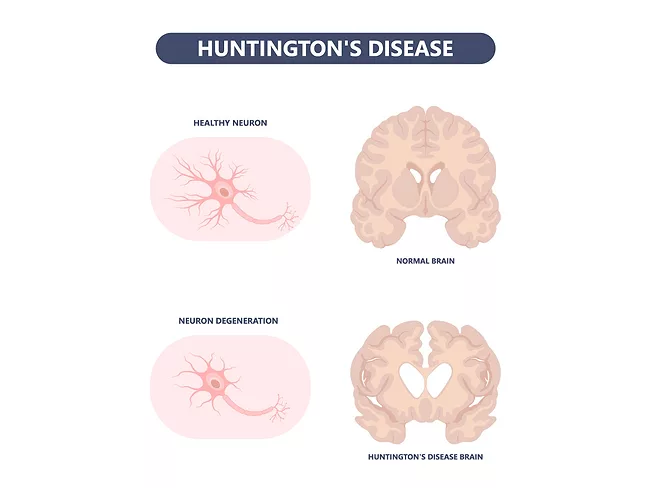
Articles Tagged with ''Huntington’s disease''
Neurology/Psychiatric
Brain gene and cell strategies could ‘open the safe’ in neurodegenerative disorders
Read MoreNeurology/Psychiatric
Life Edit Therapeutics presents preclinical data on Huntington’s disease program
Read MoreNeurology/Psychiatric






